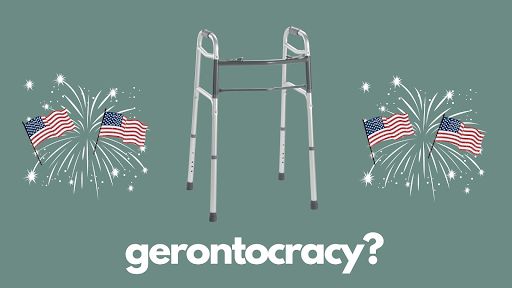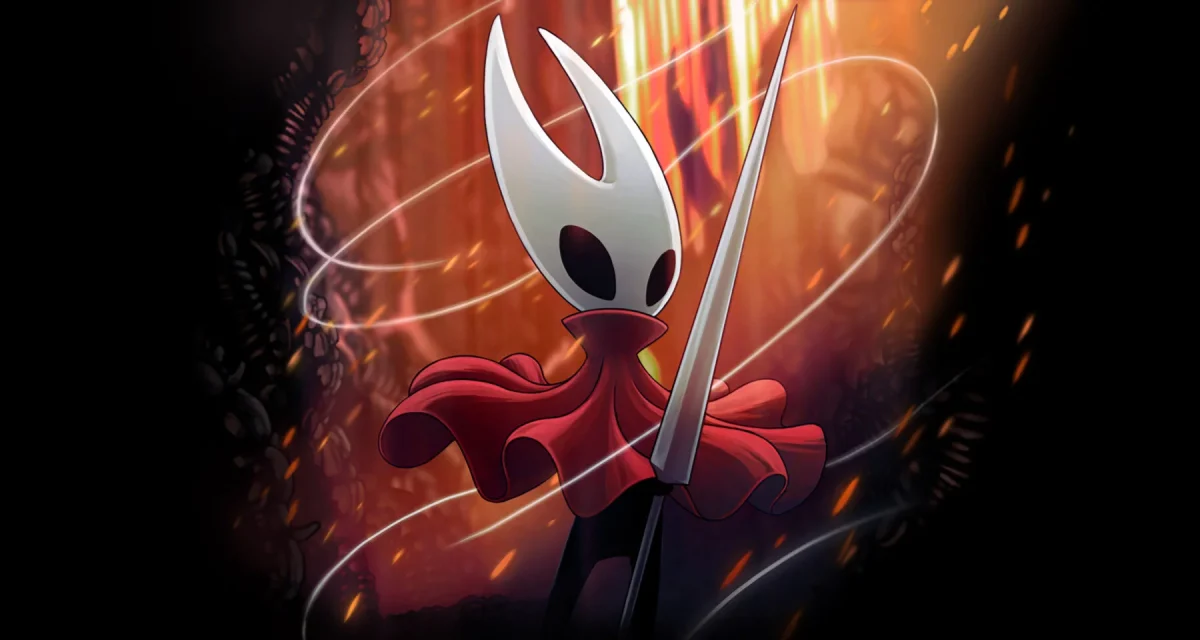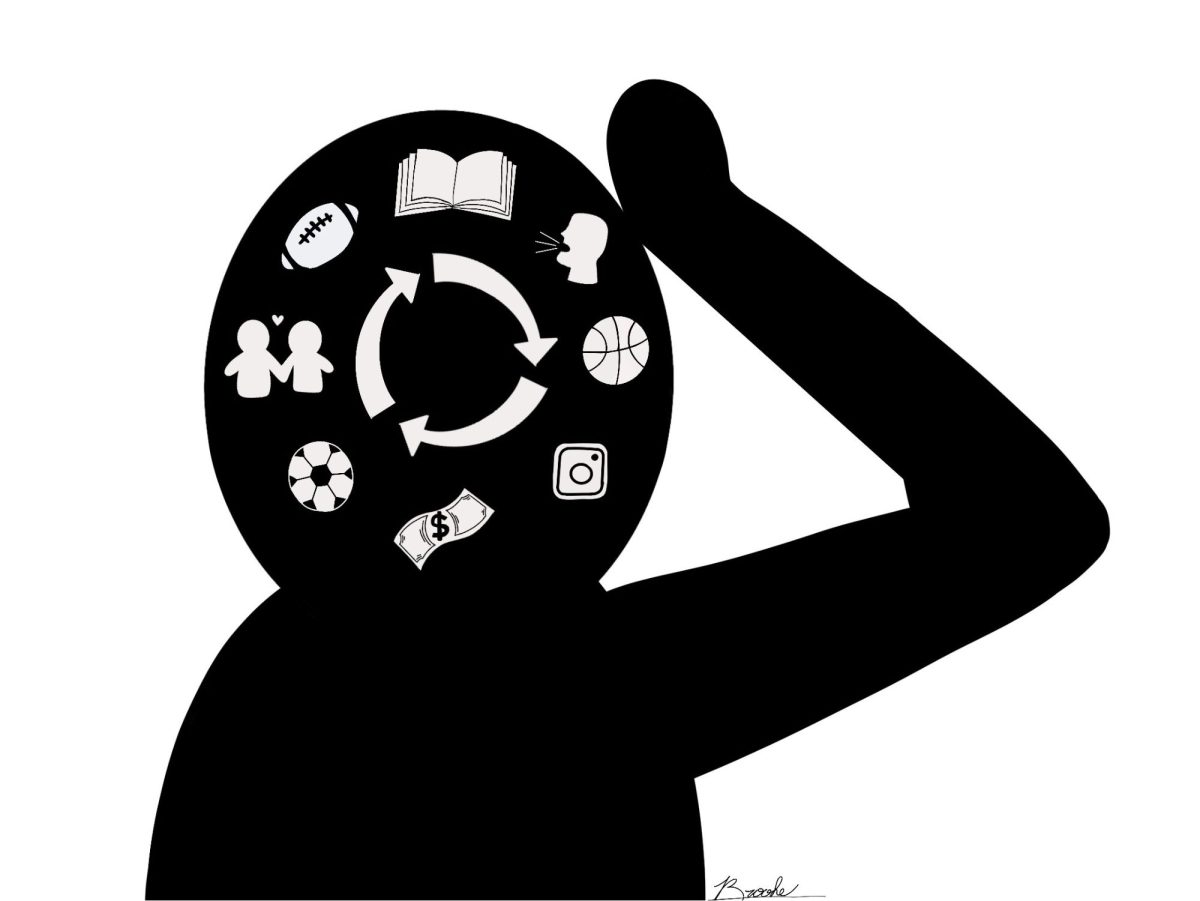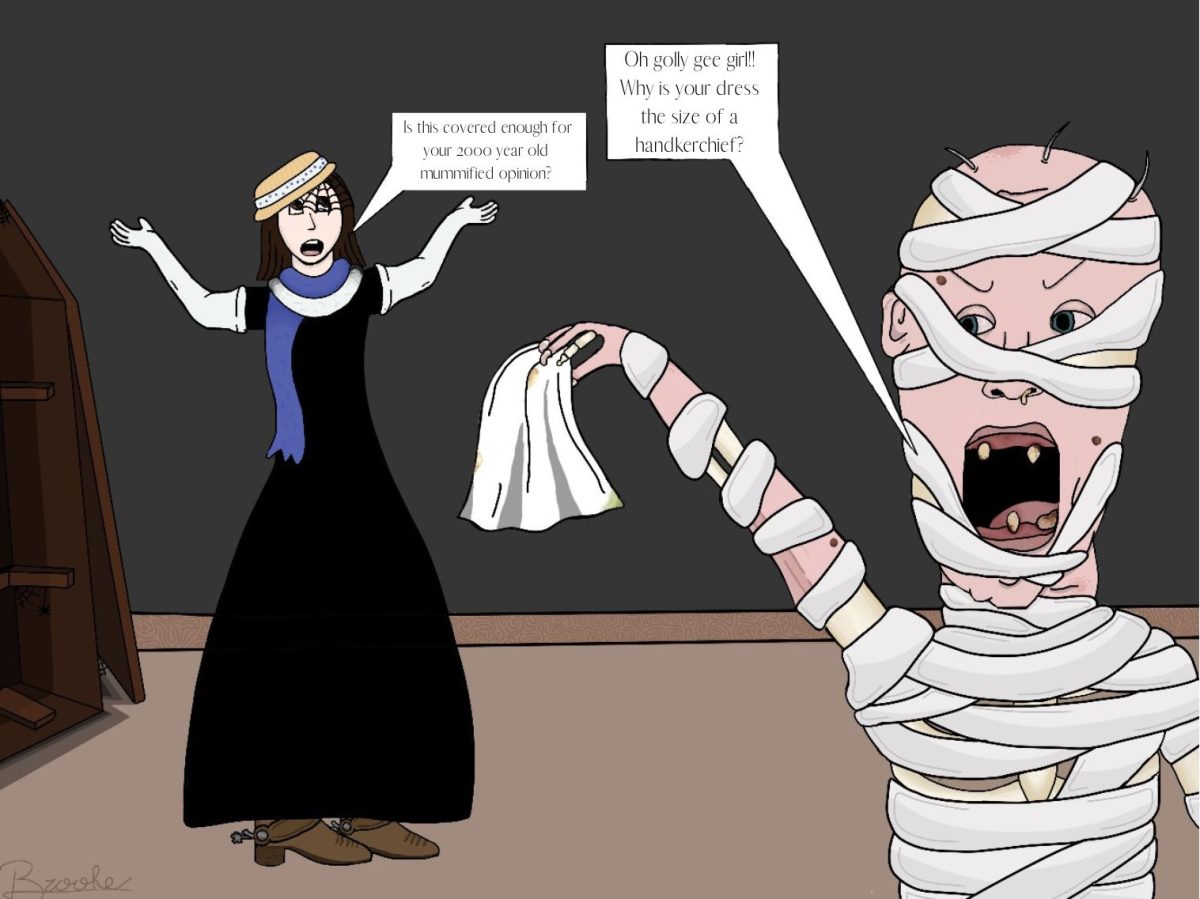The Black Republican: two distinctive titles that are almost never found adjacent to each other. This is because for at least the past 100 years, to be Black in America meant to be a member of the Democratic Party. Ever since FDR’s New Deal relief programs uplifted African Americans during the Great Depression, every Democratic candidate could always rely on the black vote. It’s as President Joe Biden put it so elegantly during his 2020 bid for the White House:
“If you have a problem figuring out whether you’re for me or Trump, then you ain’t black.”
So, if the “Black Monolith” always swings blue, why are Black people, men in particular, voting for Republicans more than they ever have? In the 2024 election, CNN exit polls show that Black women showed up for Kamala Harris six percent less than they had for Hillary Clinton, and Black men voting Democrat was down 13 percent from 2016. So what is creating this trend away from the left?
Two principal causes for this shift have become clear: misinformation and unsatisfactory Democratic leadership. A report published by Onyx Impact found that black communities are especially targeted by six key sources in media that spread disinformation within black spaces. Some of which include “Far-Right Activists” like Candace Owens, and the “Black Manosphere” with groups like the Fresh and Fit Podcast. Turning to these alternative forms of media instead of the mainstream to get news is understandable given the context of Black Americans generational distrust of government. These outlets pander to that skepticism, painting Republican leaders like Donald Trump as outsiders who will take down the establishment. Despite being the most reliable group for the Democrats, Black people are, on average, more socially conservative than their White counterparts, believing ideas like the breakdown of the traditional family is one of the biggest issues in modern America. And because Republican leaders are portrayed as restorationists of the nuclear family, Black people might be more willing to look past their apparent shortcomings.
The leaders propped up by the Democratic Party haven’t helped their cause either. Barack Obama was a once-in-a-generation personality who was there at the right time—during a recession that happened under a Republican president—and said the right words to get Americans on his side. Obama was not a perfect president, but he was loved by people, and his face was everywhere because of it. He was hanging out with celebrities, cracking jokes on talk shows, and dancing on national TV. Democrats saw this success and decided to try pushing their future candidates to follow a similar path, but what they failed to consider was how that strategy couldn’t translate to most politicians. Obama was a new face who was loved and garnered acclaim because of his ability to sway people, but when a controversial candidate like Hillary Clinton—the definition of an “establishment liberal”—is seen buddying up with celebrities, it presents more like a meeting of elites who control the world behind the scenes.
Kamala Harris, while no “Washington insider” like Clinton, was second-in-command to a president who has faced scrutiny over his mental acuity and served at the start of the biggest economic recession since 2008. She also took celebrity campaigning to the next level, having singers, rappers, actors, and other major personalities stand side by side with her at rallies to endorse her. While this may have swayed a few voters, it came off as disingenuous and didn’t help her case as much as her campaign may have thought.
None of this is to say the Democratic Party is the party for Black empowerment by any means. I am not blind to the performativity of many Democrats. They rely on Black voters during their campaign, then push them to the back of their mind because they know Black votes have been historically dependable. Our vote is indispensable and levies that power against politicians to ensure that they work for their constituents, but that only works when the alternative isn’t magnitudes worse.
Still, Black people remain the most reliable demographic for the Democratic Party. They vote left by a large majority—largely in part because of societal pressures to do so. A study conducted by FiveThirtyEight found that when in the presence of other Black people, preference towards being labeled as a Democrat shot up. Your vote should not be contingent on who the people around you are voting for; that choice should be made only after careful consideration of your own values and how a political party’s platform may align with those values. This new wave of Black voters questioning the establishment is good for democracy and holds Democrats accountable, but turning to the new Republican Party dominated by MAGA is not the solution.








!["I will be attending Trunk or Treat [for FCCLA]" junior Crystal Li said. "We're gonna use Mr. Harbeson's car, and we will be [hosting three different activities]."](https://southwestshadow.com/wp-content/uploads/2025/10/IMG_0980-1200x900.png)










